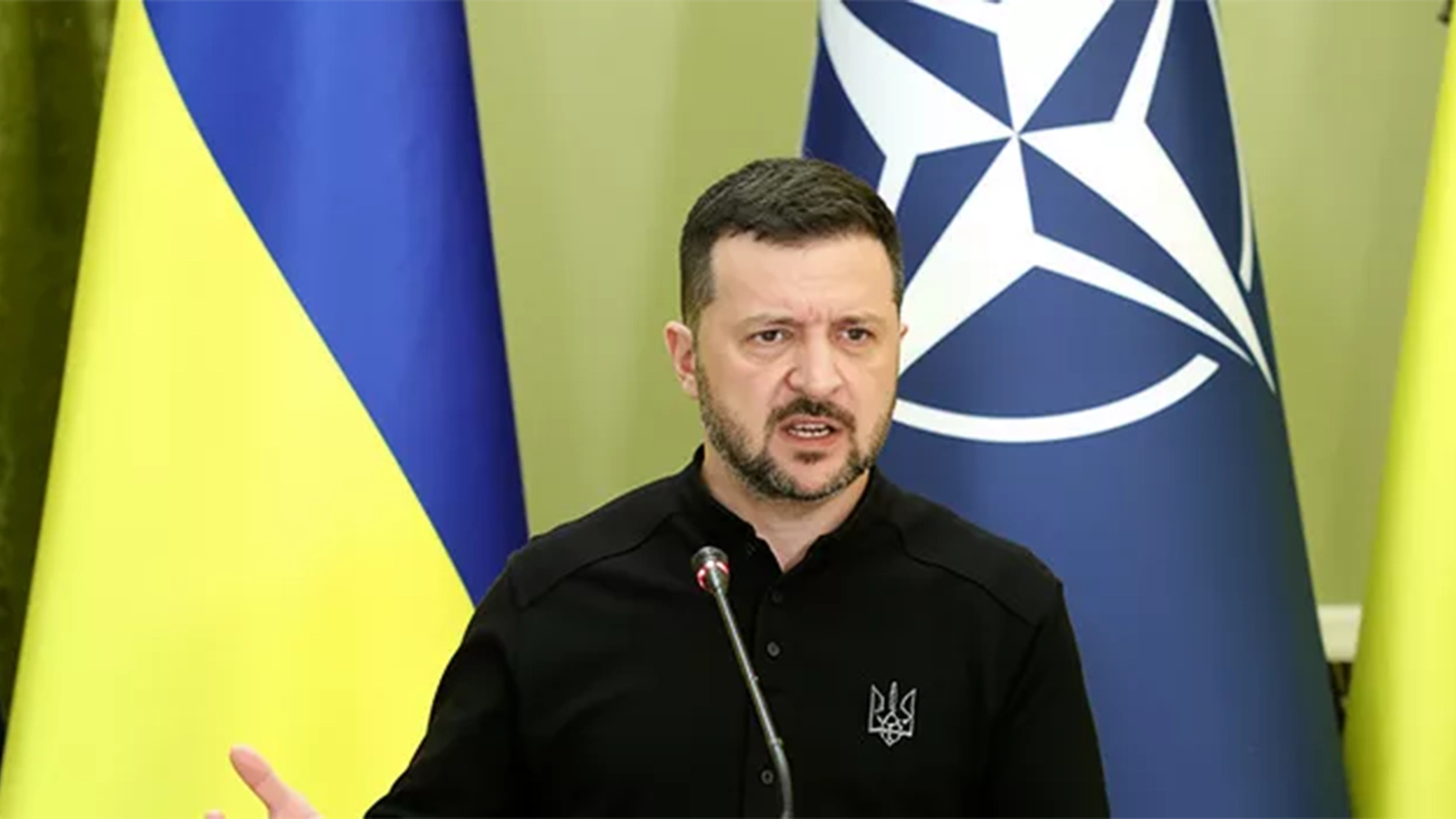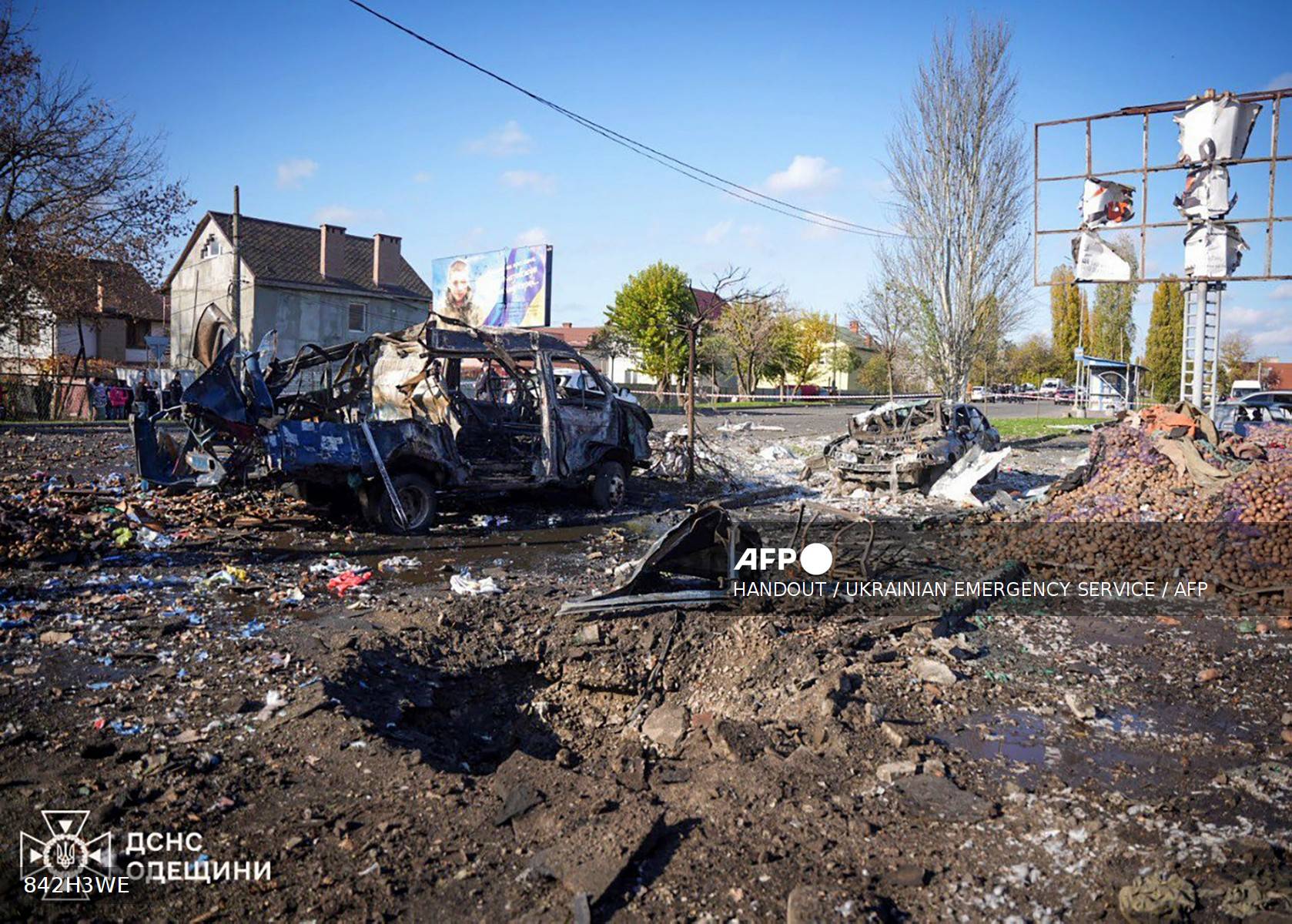
French prosecutors requested on Thursday a seven-year prison sentence for former president Nicolas Sarkozy in his trial on charges of accepting illegal campaign financing in an alleged pact with the late Libyan dictator Moamer Kadhafi.
Sarkozy, president from 2007-2012 and who denies the charges, was already convicted and jailed for one year in a separate influence-peddling case, a sentence he is currently serving with an electronic tag rather than in prison.
Prosecutors also recommended a fine of 300,000 euros ($330,000) and a five-year ban on holding office.
Sarkozy sat stone-faced as the requests were read out, an AFP reporter in the courtroom said.
Sarkozy later posted on social media that the prosecution’s request was “an outrage”, calling the allegations against him both “false” and “violent”.
“I will therefore continue to fight step by step for the truth, and for my faith in the wisdom of the court,” he said.
Sarkozy maintained throughout the trial that he had never accepted any money from Kadhafi.
“You will never ever find a single euro, a single Libyan cent, in my campaign,” he said in January.
– ‘Consuming political ambition’ –
But prosecutor Sebastien de la Touanne said that in 12 weeks of hearings, “a very dark picture of a part of our republic has emerged”.
He accused Sarkozy of a “frantic quest for funding” to satisfy a “consuming political ambition” and said that “only a prison sentence and a fixed fine” would be “capable of protecting society”.
Sarkozy “does not seem to appreciate the seriousness of the breaches of integrity” which he is accused of, the prosecutor added.
Twelve suspects are standing trial, including former close aides, accused of devising a pact with Kadhafi to illegally fund Sarkozy’s victorious 2007 presidential election bid.
They include Sarkozy’s former right-hand man, Claude Gueant, his then-head of campaign financing, Eric Woerth, and former minister Brice Hortefeux.
All deny the charges.
“There was no Libyan financing,” Sarkozy’s lawyer Christophe Ingrain told the court at the start of the trial in January, calling the prosecution’s case an “artificial construct”.
– Kadhafi’s rehabilitation? –
The prosecution’s case is based on statements from seven former Libyan dignitaries, trips to Libya by Gueant and Hortefeux, financial transfers, and the notebooks of the former Libyan oil minister Shukri Ghanem, found drowned in the Danube in 2012.
It is alleged that Sarkozy and senior figures pledged to help Kadhafi rehabilitate his international image in return for campaign financing.
Tripoli had been blamed by the West for bombing Pan Am Flight 103 in 1988 over Lockerbie in Scotland and UTA Flight 772 over Niger in 1989, killing hundreds of passengers.
Another alleged beneficiary was Kadhafi’s brother-in-law and intelligence chief Abdullah Senussi, who was jailed for life in absentia by France for the attack on UTA Flight 772.
Senussi is also wanted for questioning over the Lockerbie bombing.
At a time when many Western countries were courting the maverick dictator for energy deals, Kadhafi visited Paris in December 2007, famously installing his tent in the centre of the city.
But France backed the United Nations-approved military action that in 2011 helped oust the Libyan leader, who was then killed by rebels.
Franco-Lebanese businessman Ziad Takieddine, a key figure in the case and a fugitive in Lebanon, claimed several times that he helped deliver up to five million euros in cash from Kadhafi in 2006 and 2007.
But in 2020, Takieddine retracted his statement, raising suspicions that Sarkozy and close allies may have paid the witness to change his story.
Sarkozy’s career has been shadowed by legal troubles since he lost the 2012 presidential election.
But he remains an influential figure and is known to regularly meet with President Emmanuel Macron.
The trial is to close on April 10.






